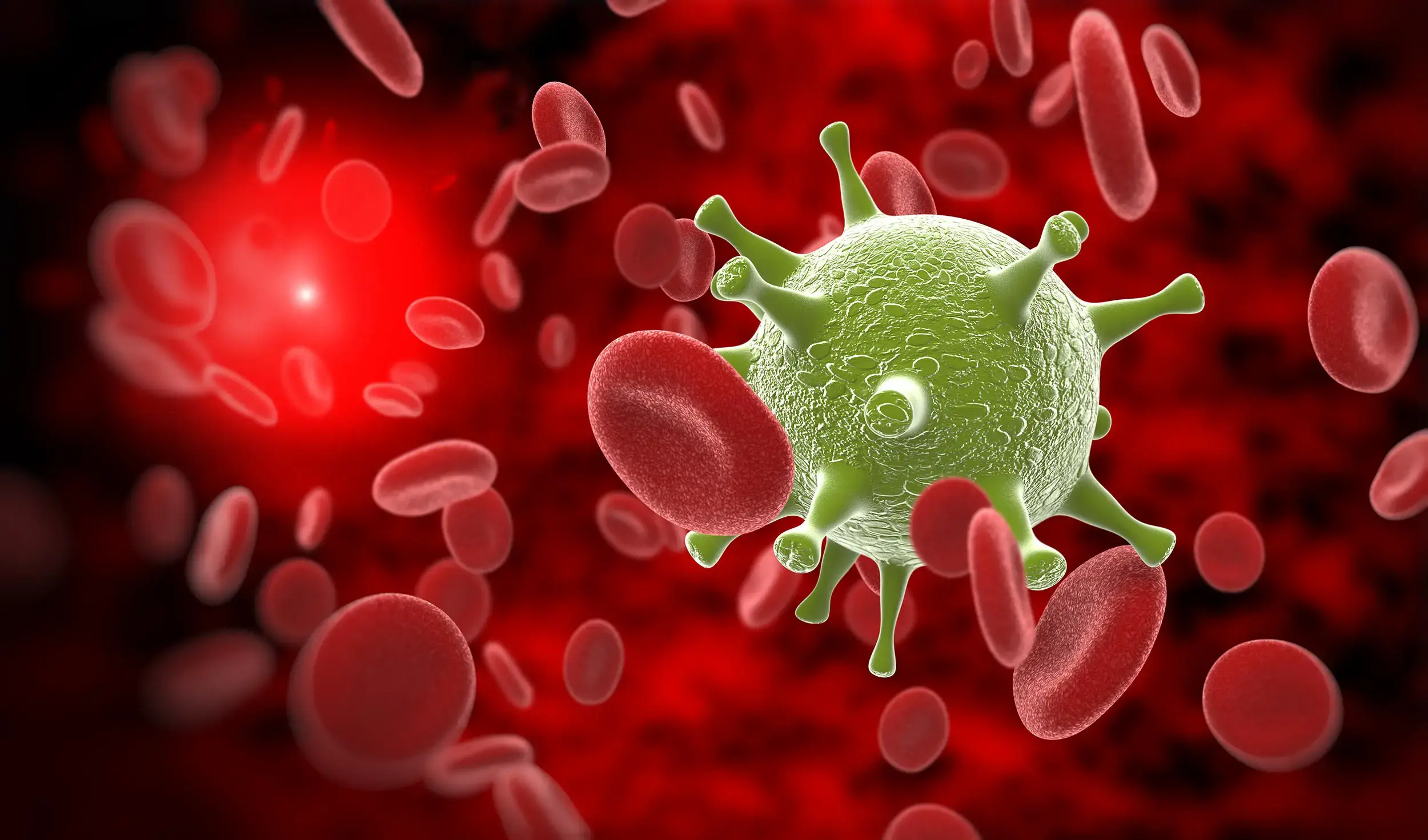Led by WEHI and The Peter Doherty Institute for Infection and Immunity (Doherty Institute) — leading medical research institutes in Melbourne, Australia — the landmark study is being translated into a new clinical trial to assess whether the blood cancer treatment can be repurposed to offer a pathway towards an HIV cure.



This quite actually might be the cure. I’m unsure of how the exact timing mechanism applies to the viral load release from each T-cell, however, the reason we can’t cure HIV is because of the very small amount of HIV(+) T-cells that remain in the body. A reservoir forms and until the body needs more t-cells to fight infections, it will stay at a small number. Once an infection occurs the T-cells with HIV begin to replicate once again “reinfecting” the patient.
If we are able to have the HIV(+) cells remain latent they will die off as they get recycled rather than produce more HIV viral copies.
I see future medication regimens containing biologic medications as well the current antiretroviral modalities.
Edit: think of it like this, usually nuking a patients nervous system destroys their ability to produce an immune response, this is called radiation therapy and it is beneficial for Cancer and very rarely due to the risks of having 0 immune system, HIV. The great unstoppable dividers. 
Without an immune system the body cannot evoke an immune response and therefore the T-cells can not make more copies of HIV. Soon radiation therapy will be looked back on as we now see the use of leeches and blood letting medically.